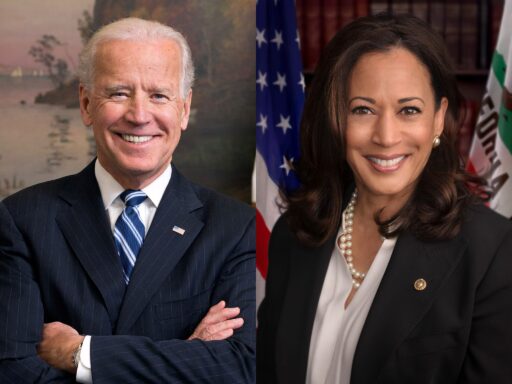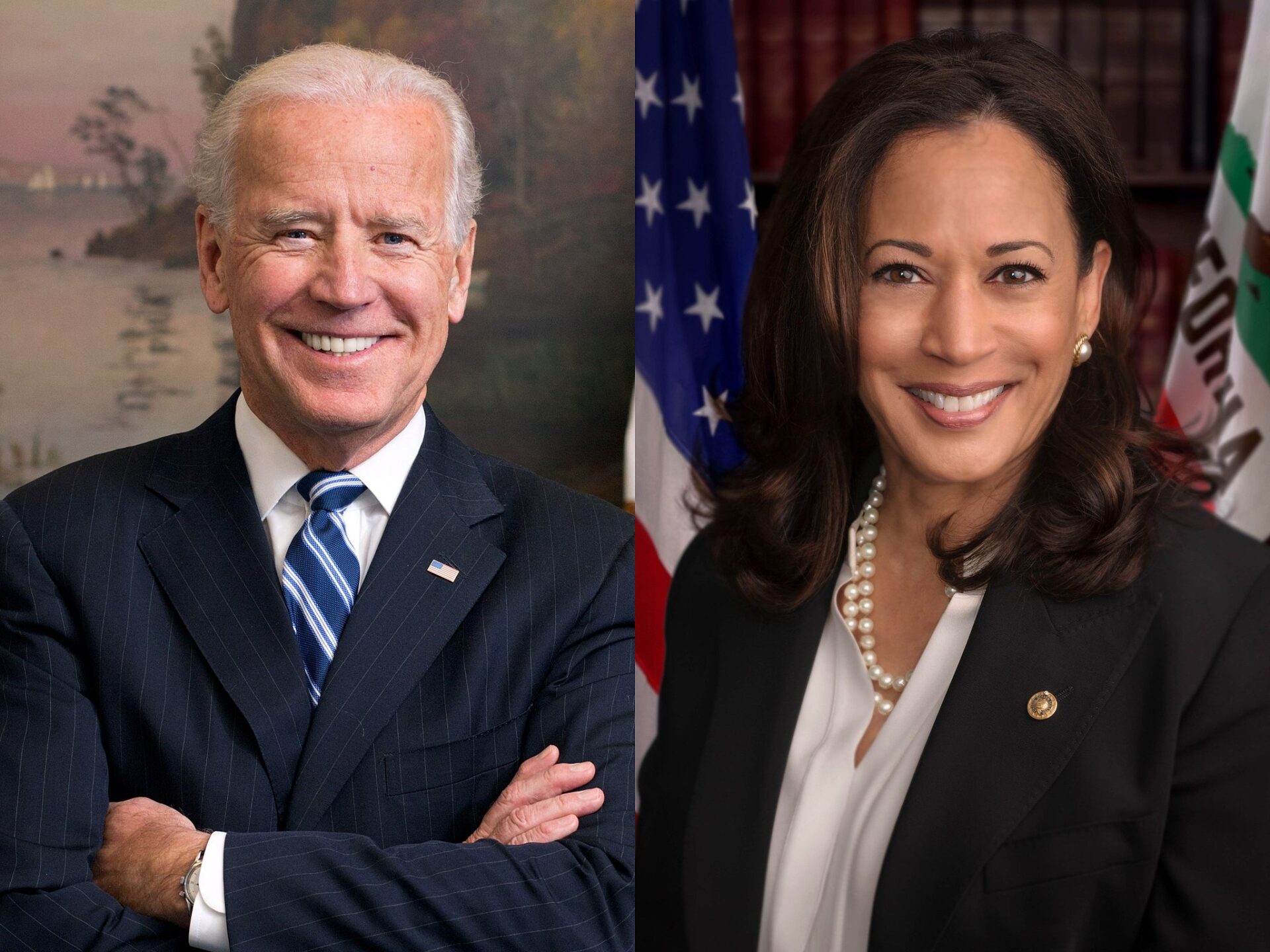Biden and Kamala secretly unveiled this plan during the Democrat National Convention thinking nobody would notice.
The Biden-Harris administration recently introduced a new immigration policy during the Democratic National Convention that many are labeling as a de facto amnesty program. This initiative, known as “Keeping Families Together,” has been rolled out by the U.S. Citizenship and Immigration Services (USCIS) and is expected to impact up to 550,000 individuals, including noncitizen spouses and stepchildren of U.S. citizens.
Under this policy, noncitizens who are currently in the U.S. without legal admission or parole may be eligible for a special form of relief known as “parole in place.” This means that even individuals who have entered the country unlawfully or overstayed their visas could potentially receive legal status under this new program.
Critics, including Andrew Arthur from the Center for Immigration Studies, argue that this policy represents a significant overreach by the administration. Arthur, who has a background as an immigration judge, suggests that this move could pave the way for broader amnesty measures in the future, potentially creating a situation where any undocumented immigrant could find a path to legal status. He points out that similar administrative actions, like the Deferred Action for Childhood Arrivals (DACA) program initiated by President Obama in 2012, have proven difficult to reverse, even when faced with substantial opposition.
The “Keeping Families Together” program stipulates that eligible noncitizen spouses must have been physically present in the U.S. for at least ten years, have no serious criminal history, and must not pose a threat to public safety or national security. Similarly, noncitizen stepchildren must have been under 21 as of last June and meet specific criteria regarding their parents’ marital status and criminal background.
However, there are provisions that allow individuals with a criminal record to still qualify for parole by demonstrating positive factors that could overcome their criminal history. Additionally, even those who are currently facing removal proceedings might still be eligible for relief under this policy if they can show significant public or humanitarian benefits.
This new policy has sparked considerable debate, with many questioning its potential impact on immigration enforcement and legal precedents.







